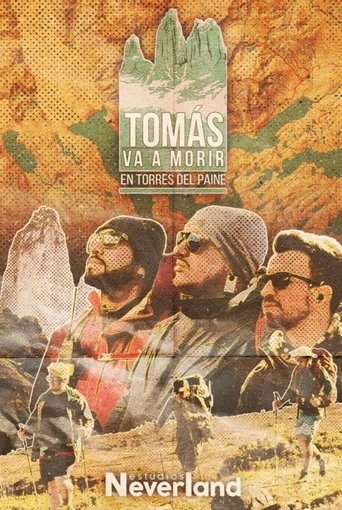
16 Dec 2022

TVM en Torres del Paine
No overview found
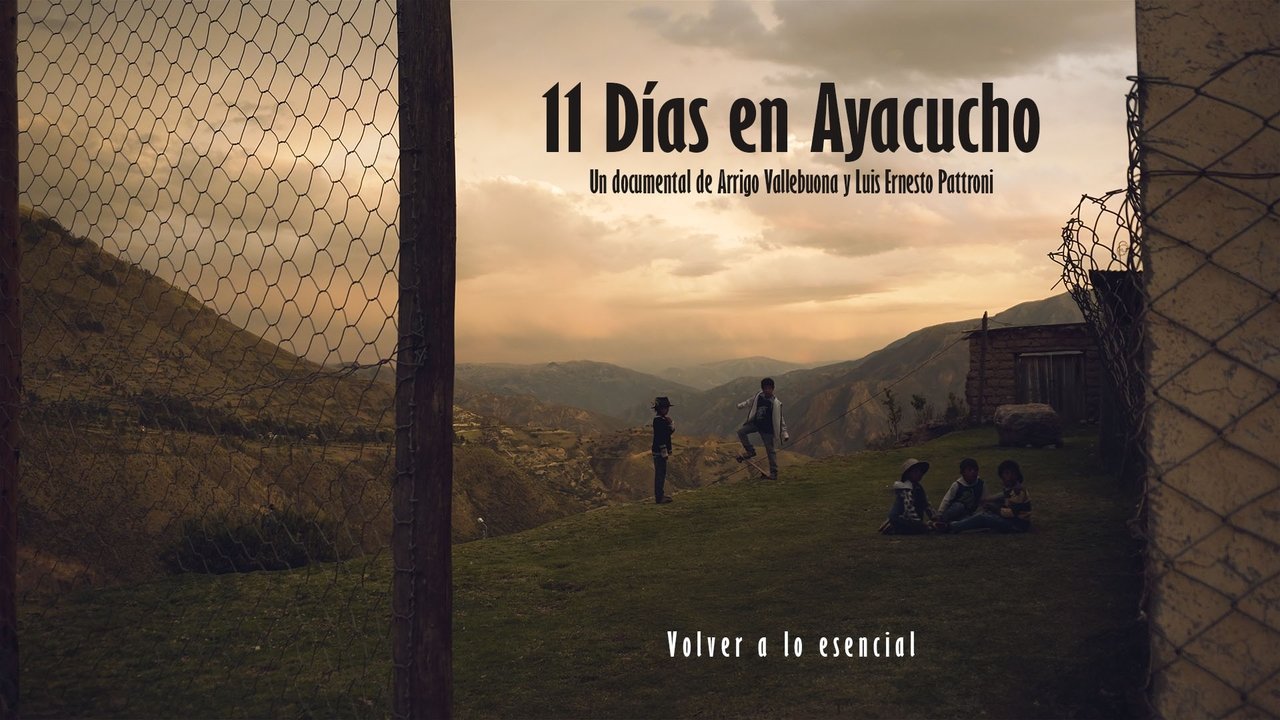

16 Dec 2022

No overview found
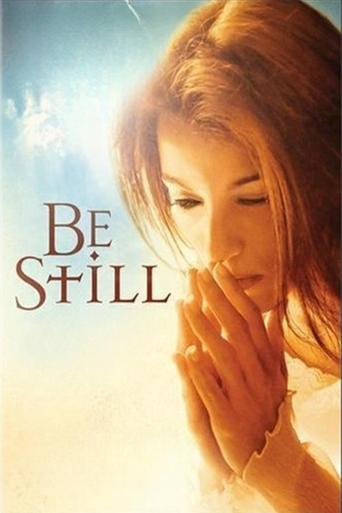
04 Apr 2006

"Be Still" is an extraordinary film that demonstrates contemplative prayer as a vital part of our everyday lives and as a remedy for the ills of the frenzied, fast paced modern world. Featuring interviews with some of today's most highly respected authors, educators, and ministers, like Dr. Henry Cloud, Dallas Willard, Max Lucado, and Beth Moore, "Be Still" examines the importance of silent reflective prayer as a way to truly be open to receiving God's guidance. This remarkable film also features a useful "how to" section that shows how contemplative prayer can be used by anyone at any time to better one's life and reaffirm that which is truly important.
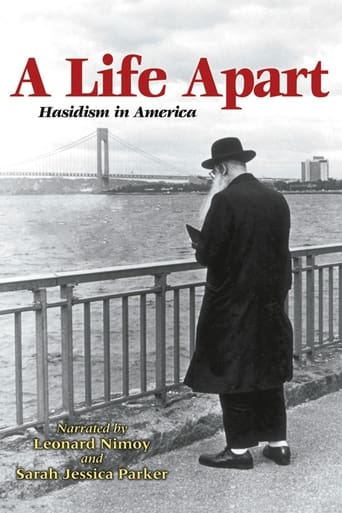
25 Aug 1998

A Life Apart: Hasidism in America, is the first in-depth documentary about a distinctive, traditional Eastern European religious community. In an historic migration after World War II, Hasidism found it's most vital center in America. Both challenging and embracing American values, Hasidim seek those things which many Americans find most precious: family, community, and a close relationship to God. Integrating critical and analytical scholarship with a portrait of the daily life, beliefs, and history of contemporary Hasidic Jews in New York City, the film focuses on the conflicts, burdens, and rewards of the Hasidic way of life.

27 Jan 2020

The story of the Quebec Mosque Shooting—the first ever mass shooting in a mosque in the West—is known around the world, but the story of the community that survived the attack is all but unknown. The Mosque: A Community's Struggle is an intimate portrait of the resilient Muslim community of Ste-Foy, Québec, as they struggle to survive and shift the narrative of what it means to be a Muslim, one year after the devastating attack that took the lives of six of their members. As the world moves on, this small mosque and its community fights Islamophobia, harassment and hate speech. How will the community heal and how will they stop the rhetoric that threatens to precipitate further violence?
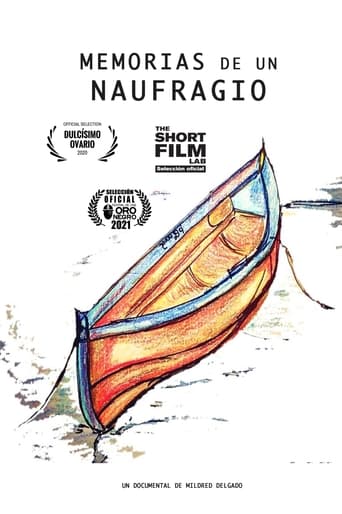
16 Aug 2021

No overview found
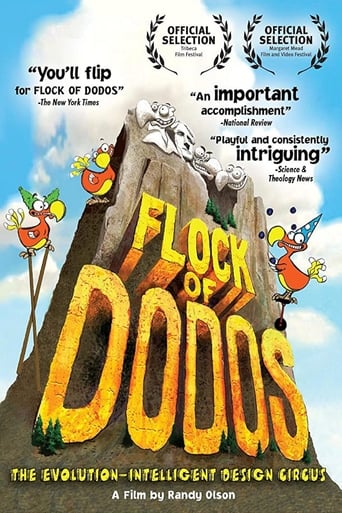
01 Jan 2006

Filmmaker and evolutionary biologist Randy Olson tries to figure out if it is the Darwinists or Intelligent Design supporters who will become a flock of dodos.
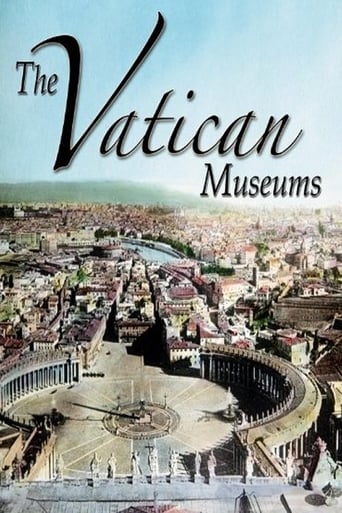
01 Jan 2007

Originally produced in 1997 on the threshold of the Third Millennium of the Christian Era, and in celebration of the Jubilee of the Year of Our Lord 2000, The Vatican Museums was the culmination of three years of research and filming, the collaboration of thirty-two scholars and historians from around the world, a crew of forty directors of photography, operators, and lighting technicians, state-of-the-art digital cinematography, lighting, animation, and computerized editing, and the work of a famous composer with original performances by master musicians. Now available on DVD for the first time, this historic three-disc collection features seven hours of magnificent documentary film that illuminates and chronicles the great journey of the human spirit. Here then is the world's most spectacular and sacred repository of art, history, and faith.
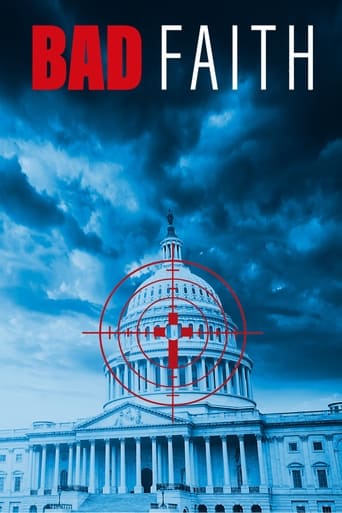
10 Jan 2024

On January 6, 2021, Americans witnessed an attack on the U.S. Capitol without precedent in our history. Armed militiamen and QAnon followers made headlines, but among them were a sea of crosses and Christian flags, rosaries and "Jesus Saves" signs. What motivated so many Christians to participate in this violent assault?
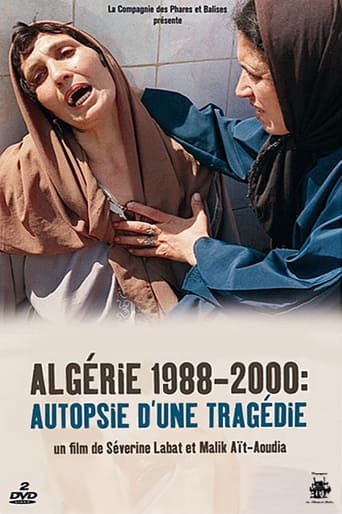
26 Sep 2005

No overview found
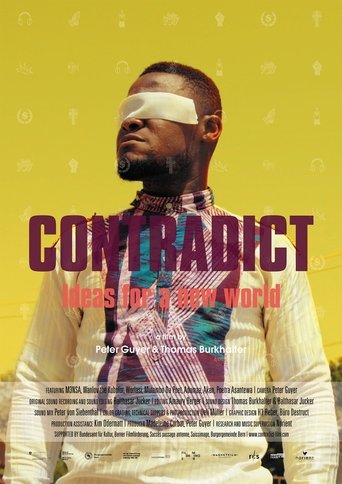
30 Jan 2020

When two friends collect money for the so-called "suffering in America" in the streets of Accra, is it for fun, political provocation, or a prophecy? Two Swiss filmmakers will answer these questions with the help of seven musicians from Ghana-M3NSA, Wanlov The Kubolor, Adomaa, Worlasi, Akan, Mutombo Da Poet, and Poetra Asantewa-who have written new songs and produced video clips especially for the documentary film Contradict.
20 Oct 2019
Stretching along the river Ganges rests Varanasi, the holiest of India’s seven sacred cities, and a place where devout Hindus go to die in hopes of achieving moksha - becoming liberated from the cycle of rebirth. Hindu scriptures say that a soul has to undergo 8.4 million rebirths before reaching the human form, the only form one can attain moksha, and dying in Varanasi and being cremated along the banks of the river is believed to be the ideal way of achieving this. Several so-called ‘death hotels’ exist to accommodate believers who abandon their lives and come here in wait for death - some for as long as 40 years.
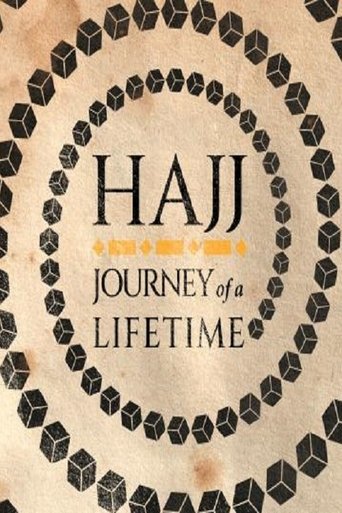
11 Aug 2001

For Muslims everywhere, the ultimate goal is to make the Hajj at least once during their lifetime. This spiritual journey is the basic premise of an entire religion and sees impoverished African Muslims mixing with their incredibly wealthy Western counterparts. This documentary follows some of the 20,000 Britons who make the journey to Mecca, unravelling the mysterious aura that surrounds this remarkable event. Combining the wondrous backdrop of Mecca with intriguing interviews that provide a previously undocumented view of Islam, Hajj will enchant both Muslims and non-Muslims alike.
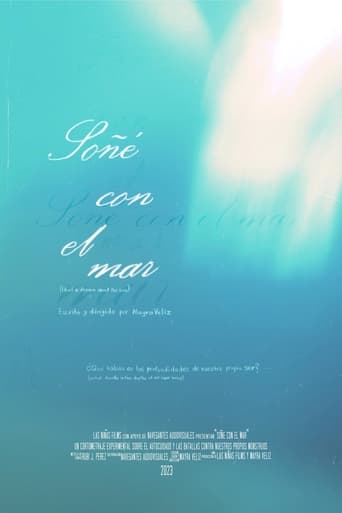
16 Nov 2023

A monster that lives in the darkest part of the sea, a dreamlike representation of the journey towards the depths of something that one wants to avoid and that is finally faced.
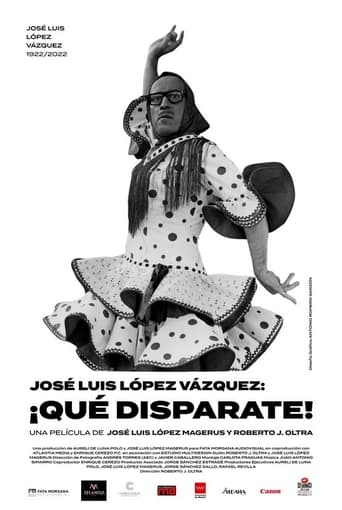
01 Nov 2022

José Luis López Vázquez, an essential artist in the history of Spanish cinema, manages to find a late love that changes his life, after having a successful professional life for years, but a rather neglected personal life.

01 Jul 1980

The film shows the genesis of the El Rocío pilgrimage and unveils the economic, socio-political and religious reasons and interests that nurture the phenomenon.
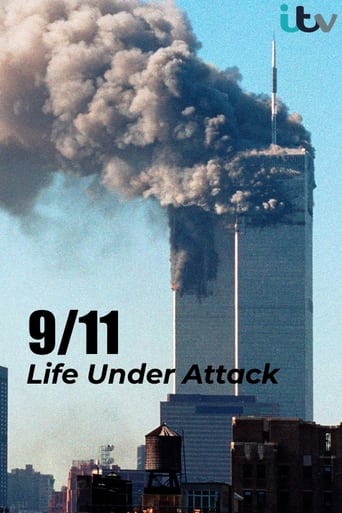
03 Sep 2021

A unique and compelling account of the day that changed the modern world, captured by ordinary people who chose to pick up their cameras and film that fateful day.
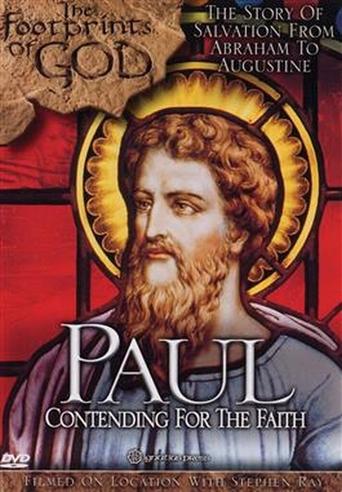
01 Sep 2004

Before he "saw the light," Saul of Tarsus pursued murderous threats against the disciples of Jesus. But Saul's zeal was upended when he was knocked from his horse and humbled by the hand of God. Join Stephen Ray, best-selling Catholic author and popular Bible teacher, as he takes you on the road with St. Paul through Israel, Syria, Turkey, Greece and Italy. Part of the "Footprints of God" series of devotional DVDs.
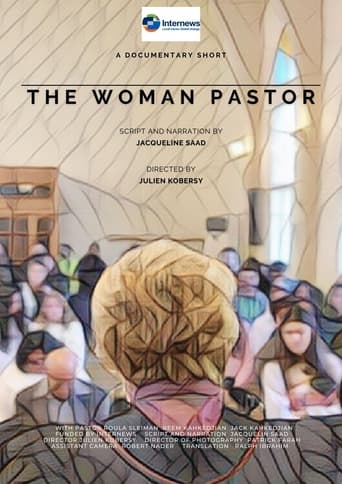
19 Aug 2023

In a community of a Muslim majority, the first woman pastor in the Middle East leads a parish in one of the poorest city of the Mediterranean, in the heart of Tripoli, North Lebanon.
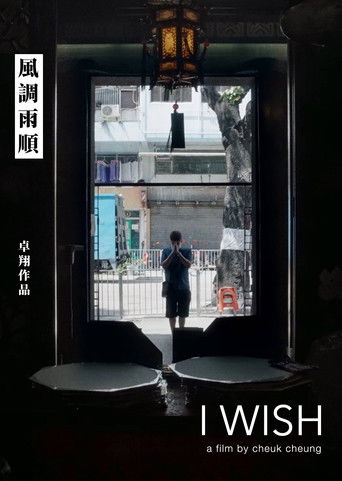
11 Nov 2022

Hong Kong started and flourished as a fishing port in the past, and its people have long been committed to worshipping ancient deities for their blessings. With over a hundred Tin Hau temples (Goddess of Sea) in Hong Kong, there are three on Lamma Island alone, located respectively in Sok Kwu Wan, Luk Chau and Yung Shue Wan. The film documents the states of Tin Hau temples on the island and beyond, as an attempt to contextualise the everyday practice of the fishing community, islanders and city dwellers visiting the temples.

06 Feb 2014

MAXIMÓN - Devil or Saint is a documentary about the controversial Maya deity, also known as San Simon or the drinking and smoking saint of Guatemala. He is a mixture of ancient Maya beliefs and Christianity. The movie concentrates on the people who surround Maximón with their strong personalities, opinions and faith. The documentary gives us a rare view into the rituals and fiestas honoring Maximón. The cult of Maximón is flourishing because he performs miracles. He is also feared and despised because he is used to cast curses that can result in death. Ultimately, Maximón transcends the duality of good and evil, reflecting the Maya cosmovision in which everything in the universe co-exists.